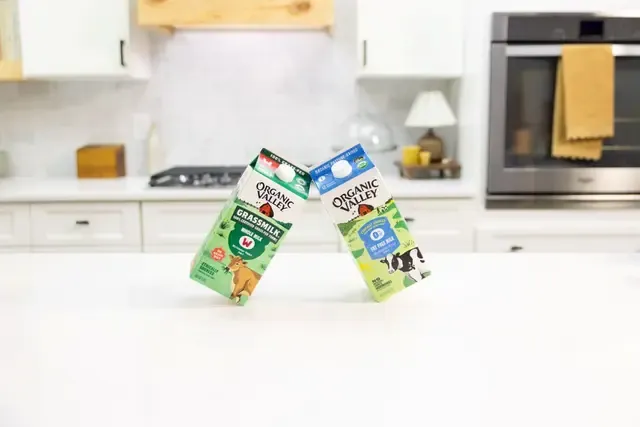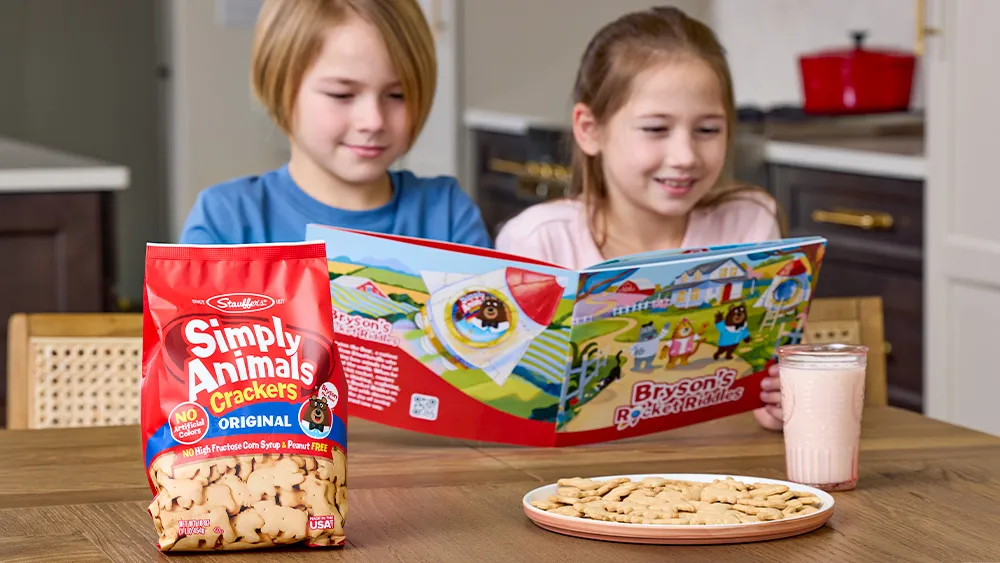WASHINGTON – With the holiday season “off to a good start,” the National Retail Federation’s chief economist now expects consumer spending to exceed his October forecast, overcoming supply chain disruptions, inflation and challenges like the new COVID-19 omicron variant.
“Now that we’re in December, the holiday shopping season is nearing the finish line,” said Jack Kleinhenz, NRF’s chief economist. “The question is how have factors ranging from economic indicators to the twists of the COVID-19 pandemic affected the season so far, and what role will they play in the weeks that remain? There’s no crystal ball to provide a definitive answer, but the latest data is encouraging and provides useful insights. In fact, the season could turn out better than we expected.”
Kleinhenz’s remarks came in the December issue of NRF’s Monthly Economic Review, which said holiday retail sales during November and December could now grow as much as 11.5% over the same period in 2020.
In October, NRF forecast that holiday sales would be up between 8.5% and 10.5%. That forecast was made as late-summer growth in COVID-19 cases was still a key factor, Kleinhenz said, and before October retail sales data was released.
October retail sales as calculated by NRF were up 10.5% from a year earlier, as many consumers starting their started holiday shopping earlier than ever because of concerns over supply chain disruptions.
“Consumers remain in solid financial shape and do not appear to be stretched,” Kleinhenz said. Over the past year, disposable personal income has increased 4.1% and spending has increased 12%, according to Kleinhenz. The November unemployment rate fell to a new pandemic low of 4.2%. Continued strong growth rates will reduce the 4.2 million jobs needed to return employment to pre-pandemic levels, he predicted.
The COVID-19 omicron variant is “the latest wildcard raising uncertainty around the economic outlook,” according to Kleinhenz, who said it is too early to predict the economic impact of SARS-CoV-2 variant B.1.1.529.
“Consumers and retailers have both revised their playbooks and broken with previous traditions,” Kleinhenz said. “With the momentum we’ve seen so far likely to continue, it seems probable that we will exceed our initial projection.”






